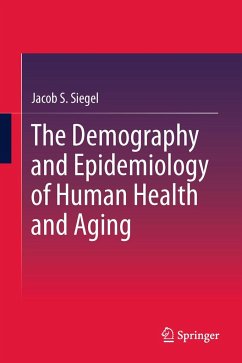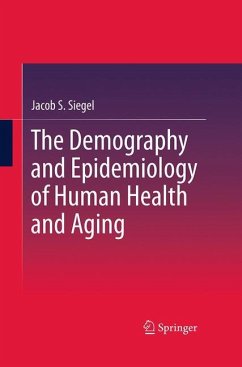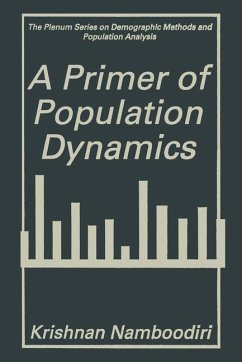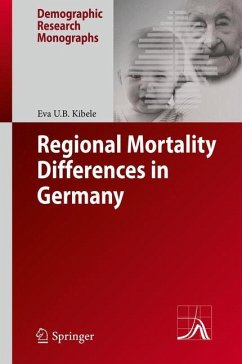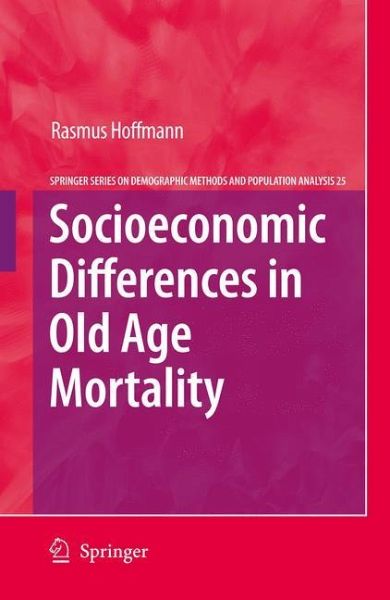
Socioeconomic Differences in Old Age Mortality
Versandkostenfrei!
Versandfertig in 6-10 Tagen
76,99 €
inkl. MwSt.
Weitere Ausgaben:

PAYBACK Punkte
38 °P sammeln!
Social differences in health and mortality constitute a persistent finding in epidemiological, demographic, and sociological research. This topic is increasingly discussed in the political debate and is among the most urgent public health issues. However, it is still unknown if socioeconomic mortality differences increase or decrease with age.This book provides a comprehensive, thoughtful and critical discussion of all aspects involved in the relationship between socioeconomic status, health and mortality. In a well-written language, it synthesizes the sociological theory of social inequality ...
Social differences in health and mortality constitute a persistent finding in epidemiological, demographic, and sociological research. This topic is increasingly discussed in the political debate and is among the most urgent public health issues. However, it is still unknown if socioeconomic mortality differences increase or decrease with age.
This book provides a comprehensive, thoughtful and critical discussion of all aspects involved in the relationship between socioeconomic status, health and mortality. In a well-written language, it synthesizes the sociological theory of social inequality and an empirical study of mortality differences that has been performed at the Max Planck Institute for Demographic Research (Rostock, Germany).
The best available datasets from Denmark and the USA, as two very different countries, are used to analyze the age pattern of social mortality differences, the Danish register data covering the whole Danish population between 1980and 2002.
This study is the most comprehensive analysis of socioeconomic mortality differences in the literature, in terms of data quantity, quality, and the statistical method of event-history modeling. It makes important new theoretical and empirical contributions. With a new method it also addresses the question whether the measurement of social mortality differences in old age so far has been biased by mortality selection due to unobserved heterogeneity.
"This book signifies an important step forward in theory, empirical data analysis and methodology and an advancement for many disciplines involved in the subject of socioeconomic differences in old age mortality". Prof. Dr. Gabriele Doblhammer, Max Planck Institute for Demographic Research, Rostock, Germany
This book provides a comprehensive, thoughtful and critical discussion of all aspects involved in the relationship between socioeconomic status, health and mortality. In a well-written language, it synthesizes the sociological theory of social inequality and an empirical study of mortality differences that has been performed at the Max Planck Institute for Demographic Research (Rostock, Germany).
The best available datasets from Denmark and the USA, as two very different countries, are used to analyze the age pattern of social mortality differences, the Danish register data covering the whole Danish population between 1980and 2002.
This study is the most comprehensive analysis of socioeconomic mortality differences in the literature, in terms of data quantity, quality, and the statistical method of event-history modeling. It makes important new theoretical and empirical contributions. With a new method it also addresses the question whether the measurement of social mortality differences in old age so far has been biased by mortality selection due to unobserved heterogeneity.
"This book signifies an important step forward in theory, empirical data analysis and methodology and an advancement for many disciplines involved in the subject of socioeconomic differences in old age mortality". Prof. Dr. Gabriele Doblhammer, Max Planck Institute for Demographic Research, Rostock, Germany





